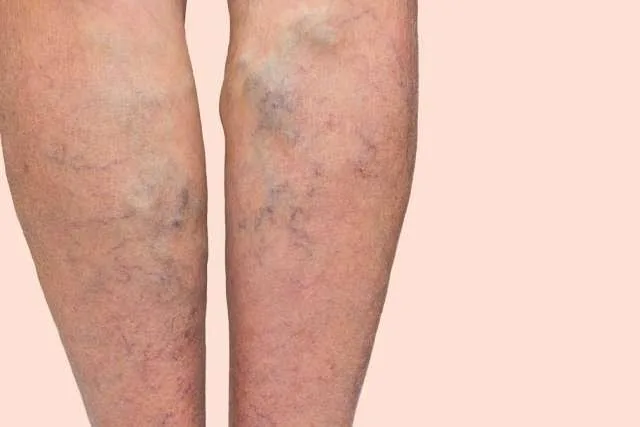The cause of his death of popular Nigerian comic actor, John Okafor aka Mr. Ibu who died on Friday in a hospital in Lagos state, has been revealed to be blood clots.
REPORT AFRIQUE earlier reported of the tragic passing of veteran actor’s death.
Mr Ibu’s demise has shed light on the seriousness of blood clots and the importance of recognizing their signs and symptoms. Here are 10 ways to prevent blood clots and minimize the risk of experiencing their harmful effects.

Mr Ibu, renowned for his comedic brilliance and larger-than-life persona, succumbed to the devastating consequences of blood clots at the age of 62. His untimely death serves as a stark reminder of the dangers posed by these potentially life-threatening conditions.

Blood clots, also known as deep vein thrombosis (DVT), can occur in individuals who are immobile or have recently undergone surgery or suffered an injury. They can also develop in those who have certain medical conditions or lifestyle factors that increase their risk.
There are various causes of blood clots, including recent surgery, advanced age (65 or older), hormone use (especially for birth control), cancer or cancer treatment, trauma such as a broken bone or severe bruising, obesity, prolonged periods of immobility, stroke or paralysis, the presence of medical devices such as ports for medication administration, varicose veins, heart conditions, previous history of blood clots, family history of blood clots, and long-distance travel.
Recognizing the symptoms of a blood clot is crucial for prompt diagnosis and treatment. Symptoms may include swelling, redness, soreness or pain, and warmth in the affected area. If you experience any of these symptoms, it is essential to seek medical attention immediately.
Fortunately, there are steps you can take to prevent blood clots and reduce your risk of experiencing them. These preventive measures include:
Symptoms of blood clots
- Wearing Loose-Fitting Clothes: Opt for clothing, socks, or stockings that are not tight-fitting, as this promotes healthy blood circulation.
- Elevating Legs: Raise your legs periodically to a height of 6 inches above your heart to facilitate blood flow.
- Using Compression Stockings: If recommended by your doctor, wear compression stockings to support circulation in your legs.
- Engaging in Regular Exercise: Follow the exercise regimen prescribed by your healthcare provider to promote overall cardiovascular health and reduce the risk of blood clots.
- Changing Positions: Avoid prolonged periods of sitting or standing still by changing your position frequently, especially during extended trips.
- Limiting Salt Intake: Reduce your salt consumption, as excessive salt can contribute to fluid retention and increase the risk of blood clots.
- Avoiding Leg Crossing: Refrain from crossing your legs for extended periods to prevent restricting blood flow.
- Maintaining Proper Sleeping Position: Avoid using pillows under your knees while sleeping to promote optimal blood circulation.
- Elevating Bed: Raise the bottom of your bed by 4 to 6 inches using blocks or books to improve blood flow.
- Adhering to Medication Regimen: Take all prescribed medications as directed by your healthcare provider to manage underlying conditions and prevent complications.
By incorporating these preventive measures into your daily routine and being vigilant about recognizing potential symptoms, you can take proactive steps to safeguard your health and reduce the risk of blood clots. In memory of Mr Ibu and in honor of his legacy, let us prioritize our well-being and take proactive measures to protect ourselves from preventable health risks.










Join our Channel...